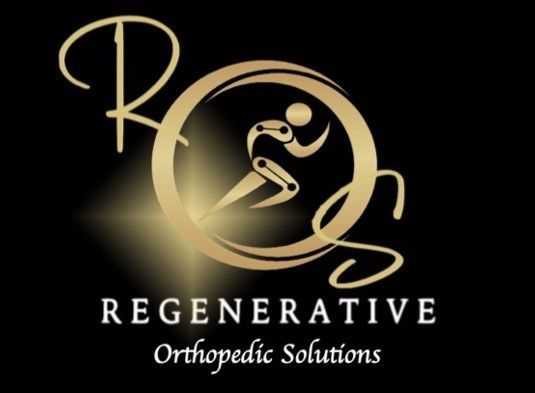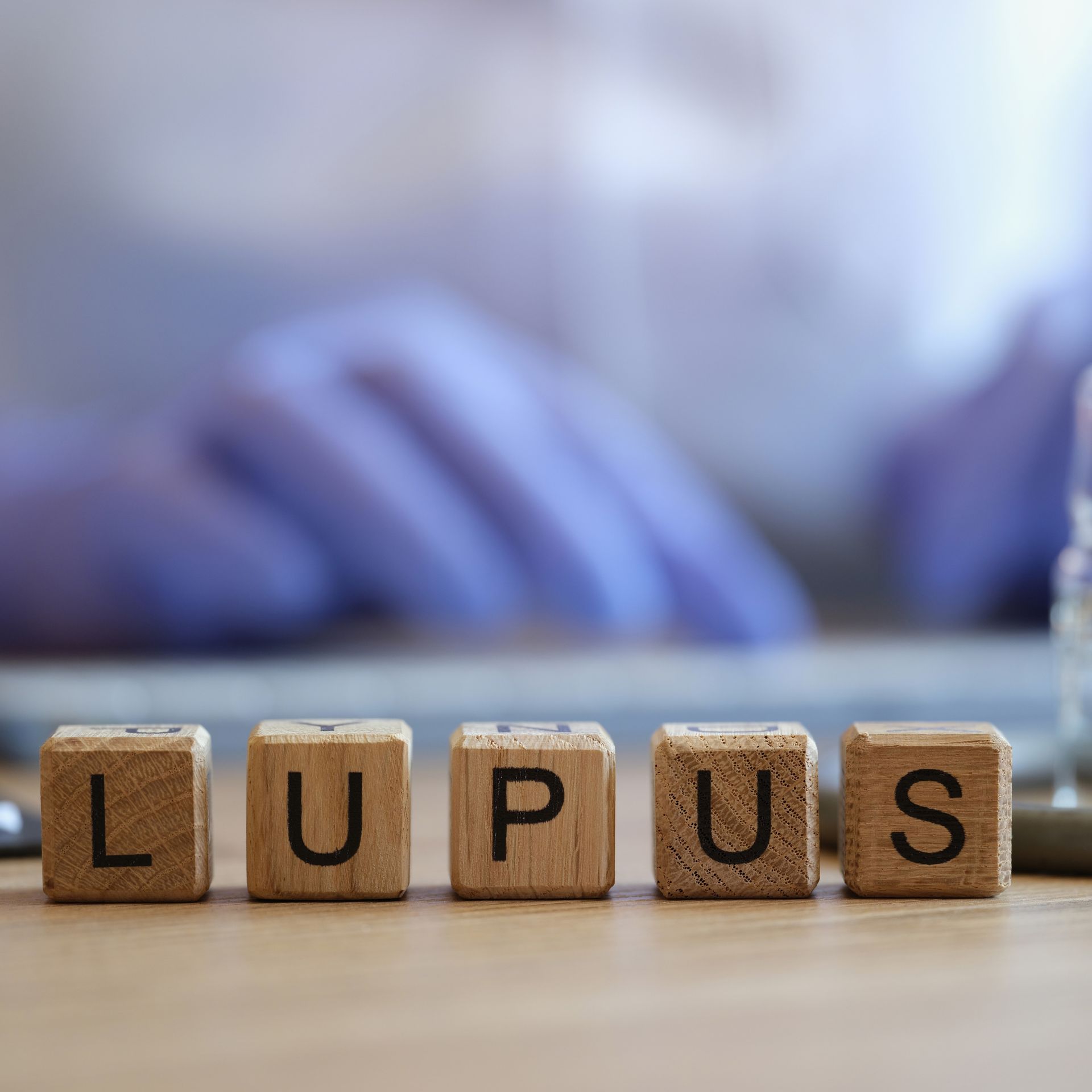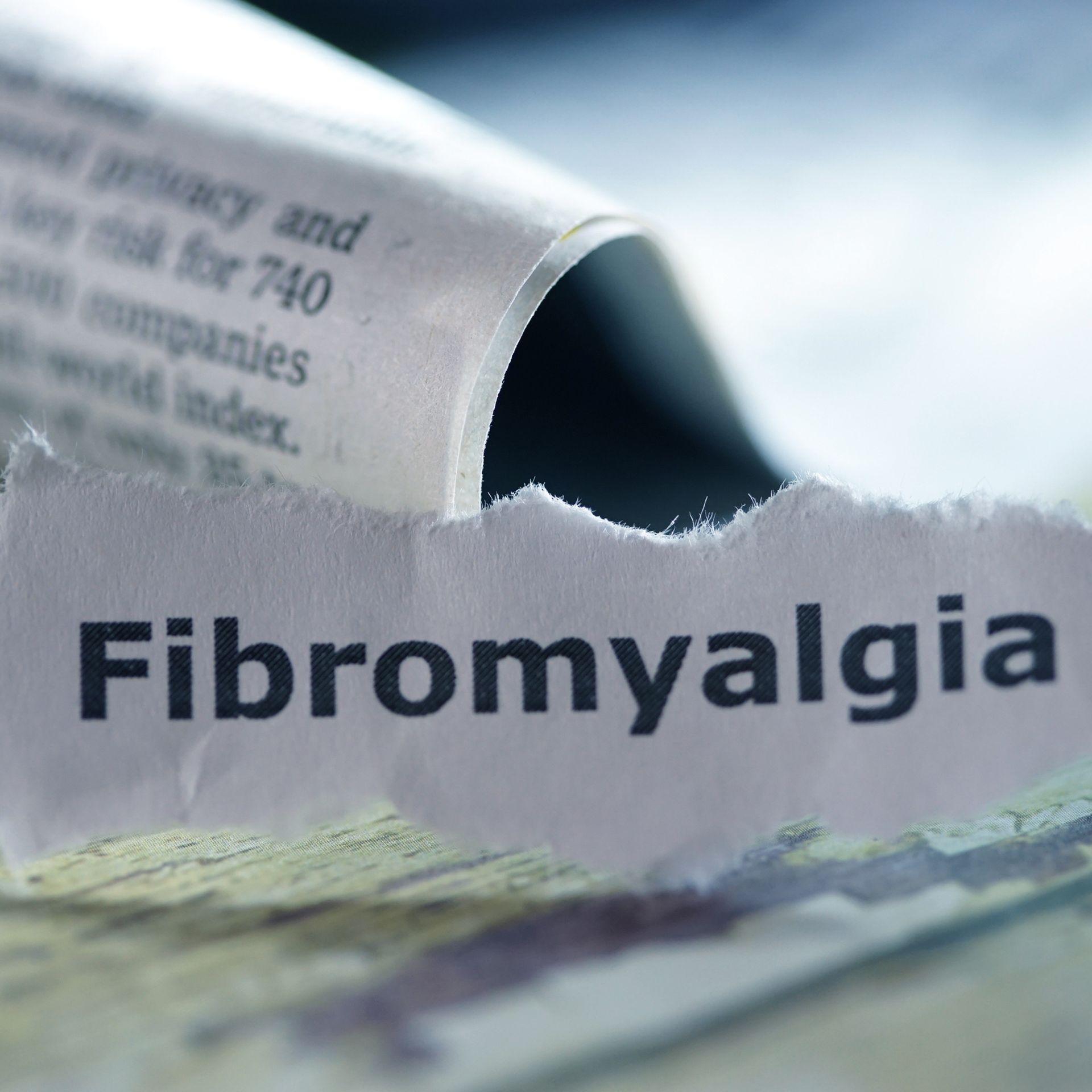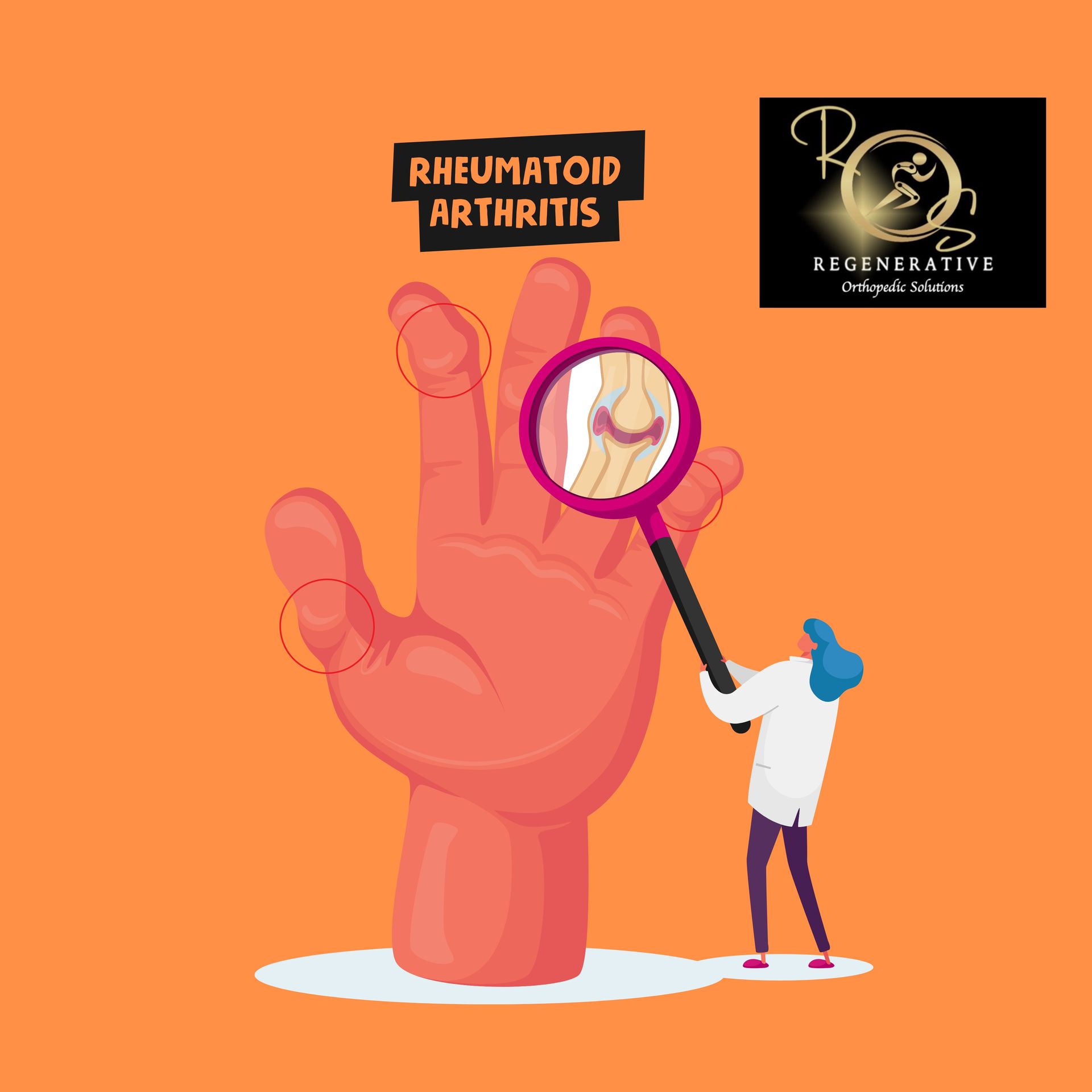303 S Moorpark Rd
Thousand Oaks, CA 91361
Rotator Cuff Repair in Newport Beach, CA
Dr. Justin Sherfey, DO D.O. FAAOS, Fellowship Trained in Adult Reconstruction and Joint Replacement, Orthopedic Surgeon,
discusses Rotator Cuff Repair and benefits of PRP/Stem Cells to delay surgery
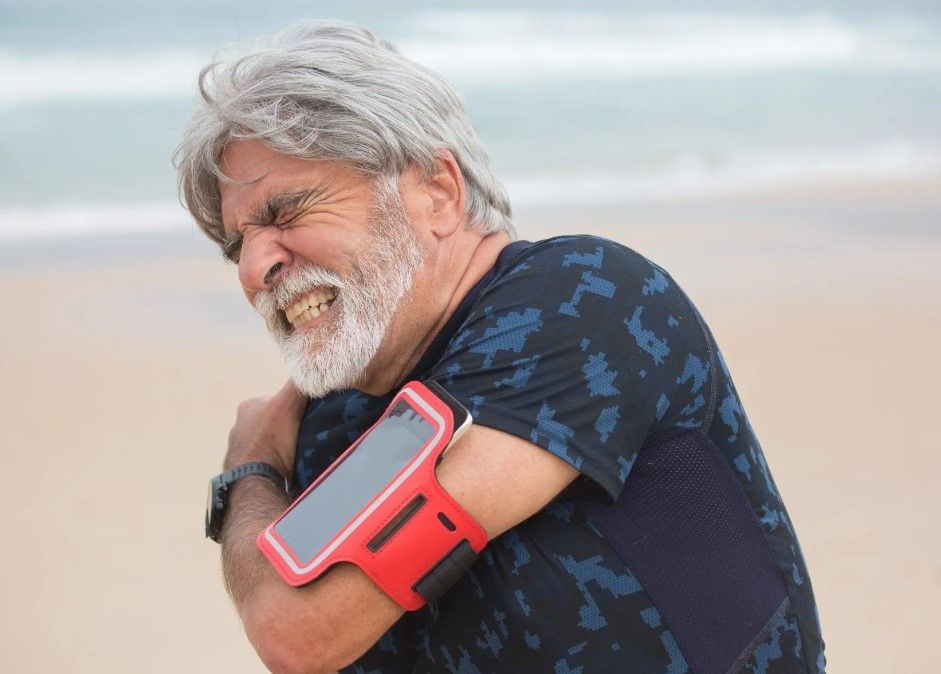
What are Rotator Cuff Muscles?
The shoulder is the most mobile joint of the body. Your shoulders are made up of three bones, including the scapula, humerus, and clavicle, which come together in a ball-and socket joint. When functioning as they should, they provide your arms with a great range of motion. Whether surfing in the ocean, rock climbing in Joshua Tree National park, rocking a baby, or simply picking up a cup of coffee, your shoulders allow you to stretch, lift, and rotate your arms. The joint is held in place by the rotator cuff tendons and the soft tissue glenoid labrum. The rotator cuff tendons stabilize the shoulder and help it move. The rotator cuff muscles are those muscles that surround the shoulder joint. Their job is to provide the power to lift and rotate the arm. As one ages these muscles become thinner and are prone to rupture, sometimes with minimal trauma. Age and overuse can leave your shoulders more susceptible to issues like tendonitis and arthritis. Additionally, many sports put extreme force on the shoulders, making them vulnerable to injury.
What is a Rotator Cuff Tear?
A rotator cuff tear occurs when one or more of the rotator cuff tendons are torn. Tendon tears can be partial or complete. They are grouped into non-degenerative and degenerative categories. Unfortunately when the rotator cuff muscles tears completely they do not repair themselves. Leaving them unattended can lead to progression of the tear with progressive loss of motion and power. The longer a large tear is left, the bigger it gets and the more motion and power one loses. The surgical result is likely to be better with a smaller tear than a larger tear and thus the longer one leaves the tear unattended the less satisfactory the surgical result is likely to be. Typically patients get severe pain with elevation of the arm, discomfort at night and a restriction in motion and power. Eventually they may lose the majority of shoulder motion.
Non-operative management gives good results in smaller or partial tears providing the demand on the shoulder is not high. If, however, the tears are moderate to large or the functional deficit is significant then surgery is required.
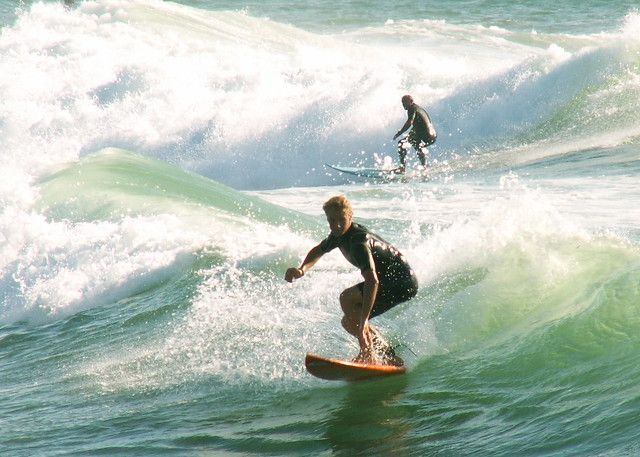
Symptoms of rotator cuff tear may include:
- Pain
- Weakness
- Stiffness
- Swelling
- Bruising
- Decreased range of motion/inability to move the arm
When you arrive for your initial consultation, one of our team of shoulder specialists will evaluate your areas of concern, discuss your symptoms, and develop a customized and comprehensive treatment plan tailored to your unique needs. This evaluation is a necessary part of diagnosing your condition and providing the best possible care.
Common Treatments:
Nonsurgical treatment options may be used to treat some rotator cuff tears.
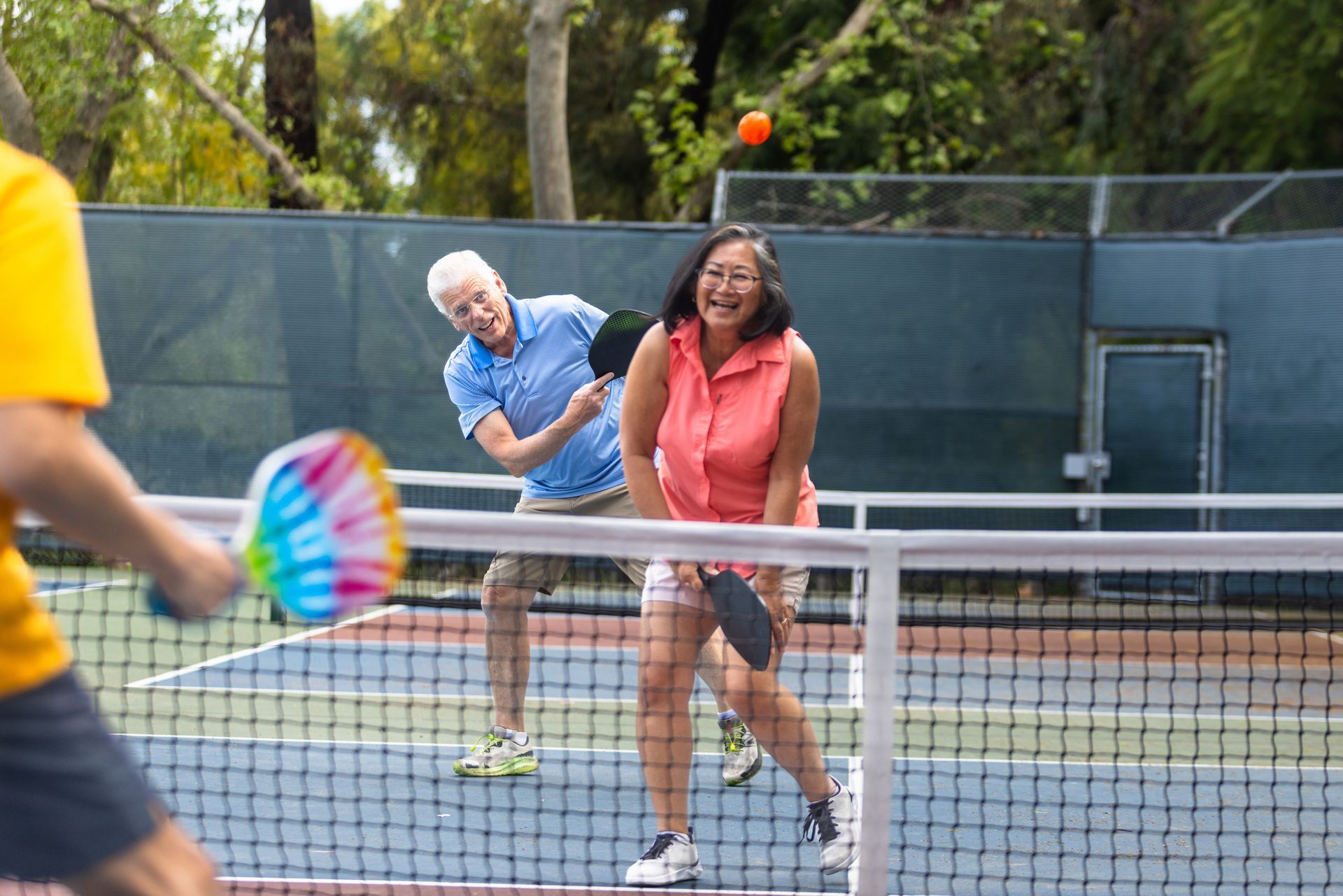
Platelet-rich plasma (PRP) therapy is a non-surgical treatment option for rotator cuff injuries. PRP is a concentrate of platelets derived from a patient’s own blood, known for its anti-inflammatory and healing properties. During the procedure, PRP is injected into the affected area, where the platelets and growth factors work to accelerate tissue healing. PRP therapy is effective for treating partial-thickness rotator cuff tears, tendinitis, and full-thickness tears in patients who are not candidates for surgery. In some cases, it can even help prevent the need for surgery. PRP therapy is generally considered safe and effective, with most patients experiencing no adverse reactions. However, some reported side effects include post-injection pain, frozen shoulder, and an increase in lesion size. Combining PRP therapy with physical therapy can yield optimal results. The entire process typically takes a few days, and patients can usually return home after treatment. Light activities can often be resumed after about a week, with a gradual increase in activity level over the next 1–2 months.
Platelet-rich plasma (PRP) contains several key growth factors that play a crucial role in healing and tissue regeneration. Here are some of the primary growth factors found in PRP:
- Platelet-Derived Growth Factor (PDGF): Stimulates cell growth, new blood vessel formation, and the production of collagen.
- Transforming Growth Factor-Beta (TGF-β): Promotes the formation of new tissue and regulates inflammation.
- Vascular Endothelial Growth Factor (VEGF): Encourages the growth of new blood vessels, which is essential for delivering nutrients and oxygen to injured tissues.
- Epidermal Growth Factor (EGF): Aids in cell growth and differentiation, and helps with wound healing.
- Fibroblast Growth Factor (FGF): Supports the formation of new blood vessels and the growth of fibroblasts, which are critical for tissue repair.
These growth factors work together to accelerate the healing process by promoting cell proliferation, tissue regeneration, and reducing inflammation. This is why PRP therapy can be so effective in treating various injuries and conditions.
Look at us on the web at www.regenorthosolutions.com
Call to schedule an appointment for Stem Cell Therapy or PRP for Rotator Cuff Tears or Pain at 949-662-5390.
(P) 949-662-5390
(F) 949-229-3579
377 East Coast Hwy, Unit 250B Newport Beach California 92660 United States
303 S Moorpark Rd, Thousand Oaks, CA 91361 United States
